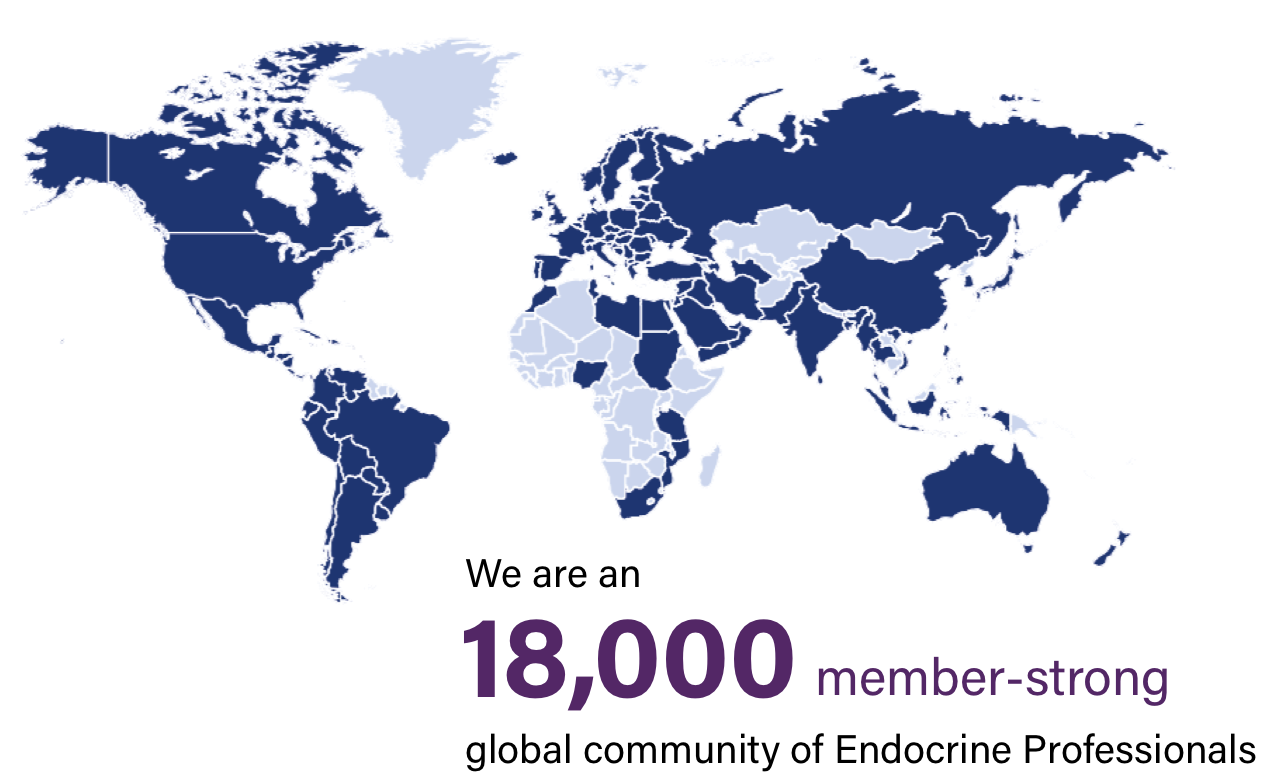Join an innovative global community focused on improving patient care, shaping effective policy, and ensuring the future of our field.

February 11, 2026
ENDO 2026, taking place June 13-16 in Chicago, IL, US, is set to deliver three days of dynamic, thought-provoking sessions and discussions on the latest in hormone health and science. Whether you're looking to expand your knowledge, network with leaders in the field, or simply explore the excitement of Chicago, there's something here for you.

February 12, 2026
We are pleased to announce our Rare Endocrine Disease (RED) Fellows Program designed to equip early career physicians with the knowledge and practical skills needed to improve outcomes for people living with rare endocrine diseases. This program was developed in partnership with the National Organization for Rare Disorders and addresses critical gaps in awareness, diagnosis, and care of rare endocrine diseases. Nominate a fellow by Monday, March 2.

February 09, 2026
Microscopy images offer a unique view into how hormones work. Showcase your lab’s best microscopy image by entering our Endocrine Images Art Competition. This year’s winners will be displayed at ENDO 2026. Submit your best light or electron microscopy image to the competition by March 2. The top images selected by our member volunteers will be featured on the Society’s website, magazine, and social media channels.

February 18, 2026
The Kaiser-Goldberg Research Fellowship is designed to support undergraduate, graduate, or medical students who are interested in neuroendocrine and/or reproductive endocrine research. The recipient will receive a $5,000 stipend to cover their living expenses or other costs associated with the research project and funding for a 10–12 week summer program to work in an Endocrine Society member's lab. Applications are due Friday, February 27. Apply now.

February 20, 2026
Read this week's Advocacy in Action to learn about our latest efforts on the NIH Funding Campaign, how members met with EU policymakers to discuss EDCs, and our comments to FDA on testosterone replacement therapy.



Need more info?
Learn more about the advantages of membership
February 10, 2026
The Endocrine Society is pleased to announce its Rare Endocrine Disease (RED) Fellows Program designed to equip early career physicians with the knowledge and practical skills needed to improve outcomes for people living with rare endocrine diseases.
January 22, 2026
People with obesity and high blood pressure may face a higher risk of dementia, according to a new study published in The Journal of Clinical Endocrinology & Metabolism.
December 03, 2025
The Endocrine Society and The European Society of Endocrinology (ESE) are delighted to announce Anna Gloyn, D.Phil., F.Med.Sci., as the winner of the fifth annual Transatlantic Alliance Award.
January 20, 2026
The authors present a 34-year-old woman with acromegaly who underwent transsphenoidal surgery for an invasive pituitary macroadenoma, which was followed by the development of panhypopituitarism.
January 20, 2026
This work aims to determine the role of γ-aminobutyric acid B (GABAB) receptors in Kiss1 cells, studying the effect on central and peripheral systems that regulate reproduction and metabolic homeostasis in Kiss1-GABAB1KO female mice during development and adulthood.
January 20, 2026
We test the hypothesis that the ketogenic diet would decrease de novo lipogenesis and liver fat, which would be associated with restored beta-cell function.


